HSBC files: who is whistleblower Herve Falciani?
The self-described 'French Snowden' is nothing more than a common criminal, says the Swiss government

A free daily email with the biggest news stories of the day – and the best features from TheWeek.com
You are now subscribed
Your newsletter sign-up was successful
Herve Falciani began his career in the financial sector as a systems engineer for HSBC, but ended it by orchestrating the largest ever leak of sensitive banking information in the world.
The dual French-Italian national sees himself as "part James Bond, evading dangerous, powerful opponents and working with government intelligence agents, and part disappointed idealist, shocked by the reality he encountered at the bank he once worked for", according to the International Consortium of Investigative Journalists (ICIJ).
The Swiss government, however, has a different view of him. In December 2014, Falciani was indicted on charges of qualified industrial espionage, the unauthorised obtaining of data and violating banking secrecy.
The Week
Escape your echo chamber. Get the facts behind the news, plus analysis from multiple perspectives.

Sign up for The Week's Free Newsletters
From our morning news briefing to a weekly Good News Newsletter, get the best of The Week delivered directly to your inbox.
From our morning news briefing to a weekly Good News Newsletter, get the best of The Week delivered directly to your inbox.
So, is Falciani a brave whistleblower responsible for lifting the lid on one of the biggest international banking scandals of the decade, or little more than a common criminal looking to make money from stolen data?
Downloading the HSBC files
Working at the Swiss branch of the bank, Falciani was tasked with implementing a new Customer Relationship Management system, but "at some point appears likely to have gained access to and collected unencrypted bank data", says ICIJ.
He says he uncovered a data breach in 2006 and attempted to bring it to the bank's attention, but was ignored. "For me, it has always been about calling attention to the banks' behaviour, after I failed to change it from (the) inside," he says.
A free daily email with the biggest news stories of the day – and the best features from TheWeek.com
Between 2007 and 2008, he went on to collect a trove of sensitive data on thousands of customers including celebrities, members of a number of royal families and arms dealers. The data revealed how far the bank had gone to help its wealthiest customers avoid paying tax.
"Money is easy to hide," says Falciani. "HSBC has a strategy division that takes care of such things." They have created a system for "making themselves rich at the expense of society, by assisting in tax evasion and money laundering," he said in interview with Der Spiegel in 2013.
A Mossad kidnapping, a romantic encounter and a trip to Lebanon
Sometime in 2007, Falciani alleges he was kidnapped by a group of men who claimed to be Israeli intelligence service agents from Mossad. He says they asked him to help them ensure that HSBC "did not continue its practices".
One of his colleagues, Georgina Mikhael claims that the pair were lovers and that Falciani had always planned to steal the documents and sell them on for a profit. According to Swiss police reports, they travelled to Lebanon together to sell the information. The trip was unsuccessful as the bankers they met quickly became suspicious about how the data had been obtained.
Dealings with spies
Upon their return to Switzerland, Falciani changed tack. According to Mikhael, he realised he couldn't sell the information to the banks so decided to "try the intelligence services". But he "came back annoyed", after meeting French spies she says. He told her: "They don't have the price that I want."
The escape
In December 2008, Falciani was detained by Swiss police who had received a tip-off from the Lebanese bankers and Mikhael later corroborated their story. After hours of interrogation, Falciani was released and told to return the following morning.
Instead, he hired a car, picked up his wife and two daughters and fled to France, from where he could not be extradited. Several days later he handed over five computer disks filled with HSBC information to the French government.
And next...
"I'll be convicted, but I'll turn the page," he told Le Monde and ICIJ last December. "I'm going to apply for a name change, disappear, to have a normal family life.
"I'm not a white knight, but there is something beautiful and exhilarating about establishing the truth. It carries you through the bad times," he said.
His one regret? "I would have liked a term, a nickname – the informer, the insider – that would have been my real medal, the real sign of respect for all the risks I’ve run. Today I’ve got nothing."
-
 One great cookbook: Joshua McFadden’s ‘Six Seasons of Pasta’
One great cookbook: Joshua McFadden’s ‘Six Seasons of Pasta’the week recommends The pasta you know and love. But ever so much better.
-
 Scientists are worried about amoebas
Scientists are worried about amoebasUnder the radar Small and very mighty
-
 Buddhist monks’ US walk for peace
Buddhist monks’ US walk for peaceUnder the Radar Crowds have turned out on the roads from California to Washington and ‘millions are finding hope in their journey’
-
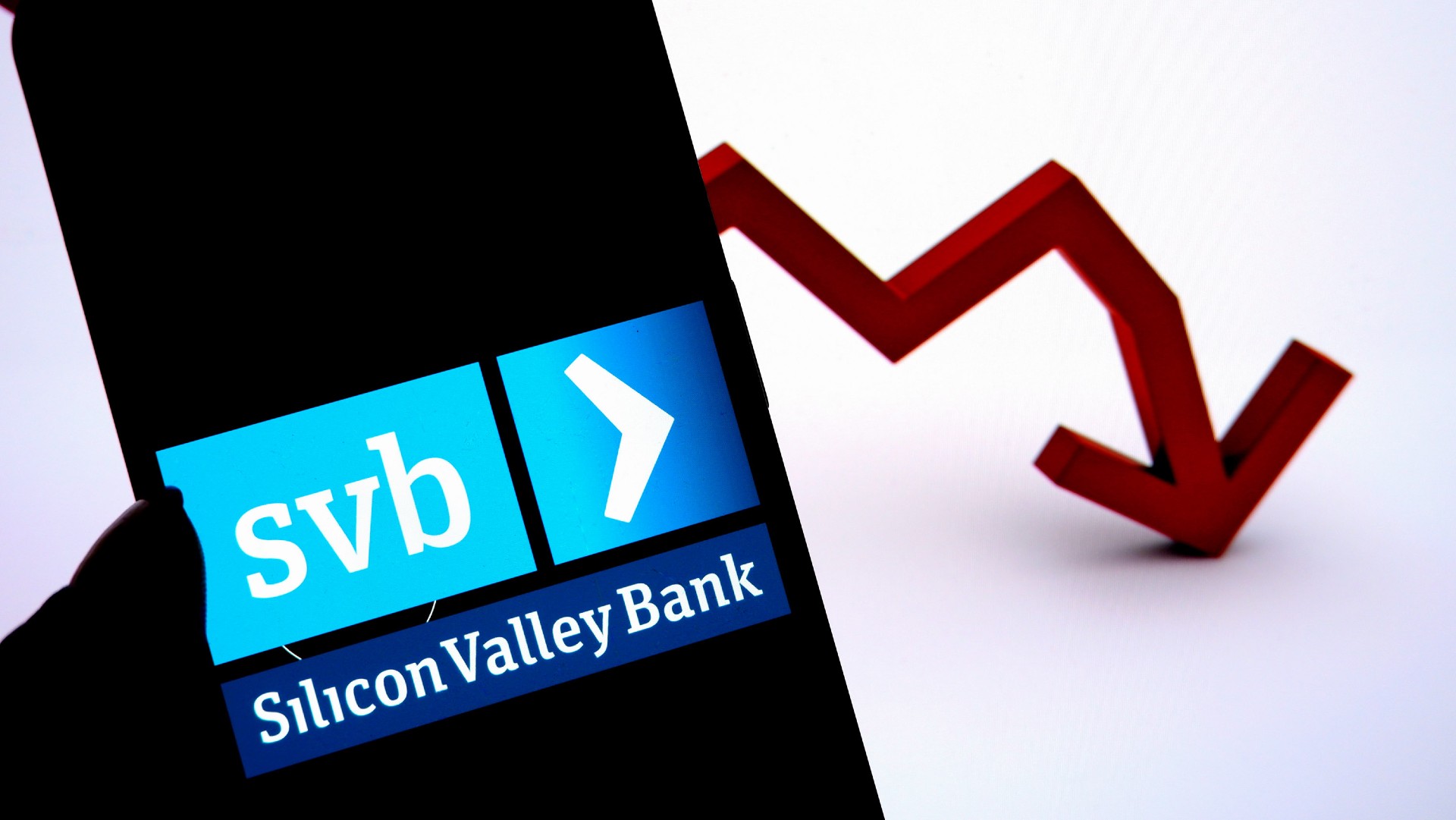 The Silicon Valley Bank collapse
The Silicon Valley Bank collapsefeature Sudden failure of tech sector’s go-to bank sparks fears of wider contagion
-
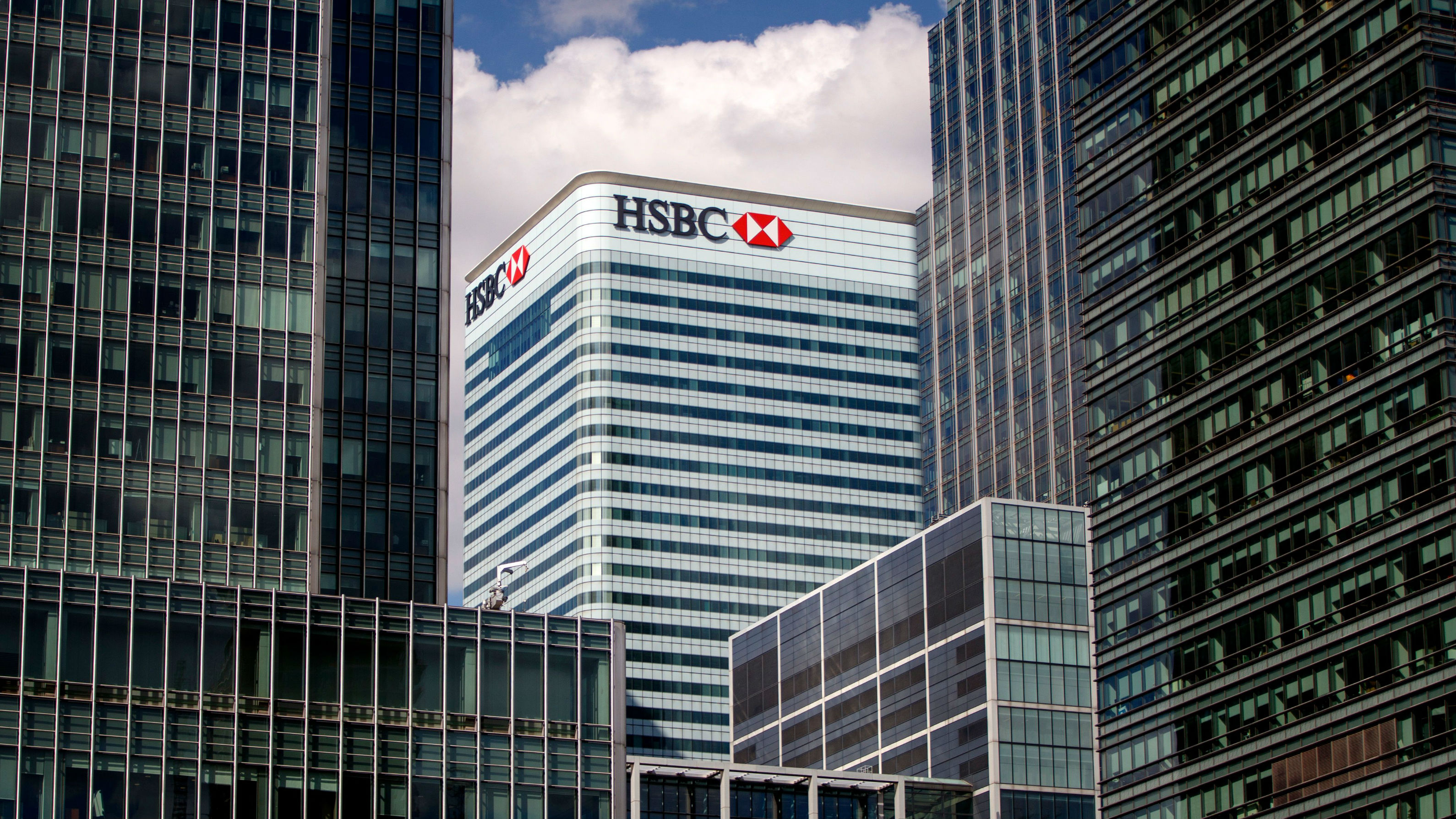 HSBC to cut 35,000 jobs: why profits plunged
HSBC to cut 35,000 jobs: why profits plungedIn Depth British bank announces 33% drop in profits and plans to slash branches in US
-
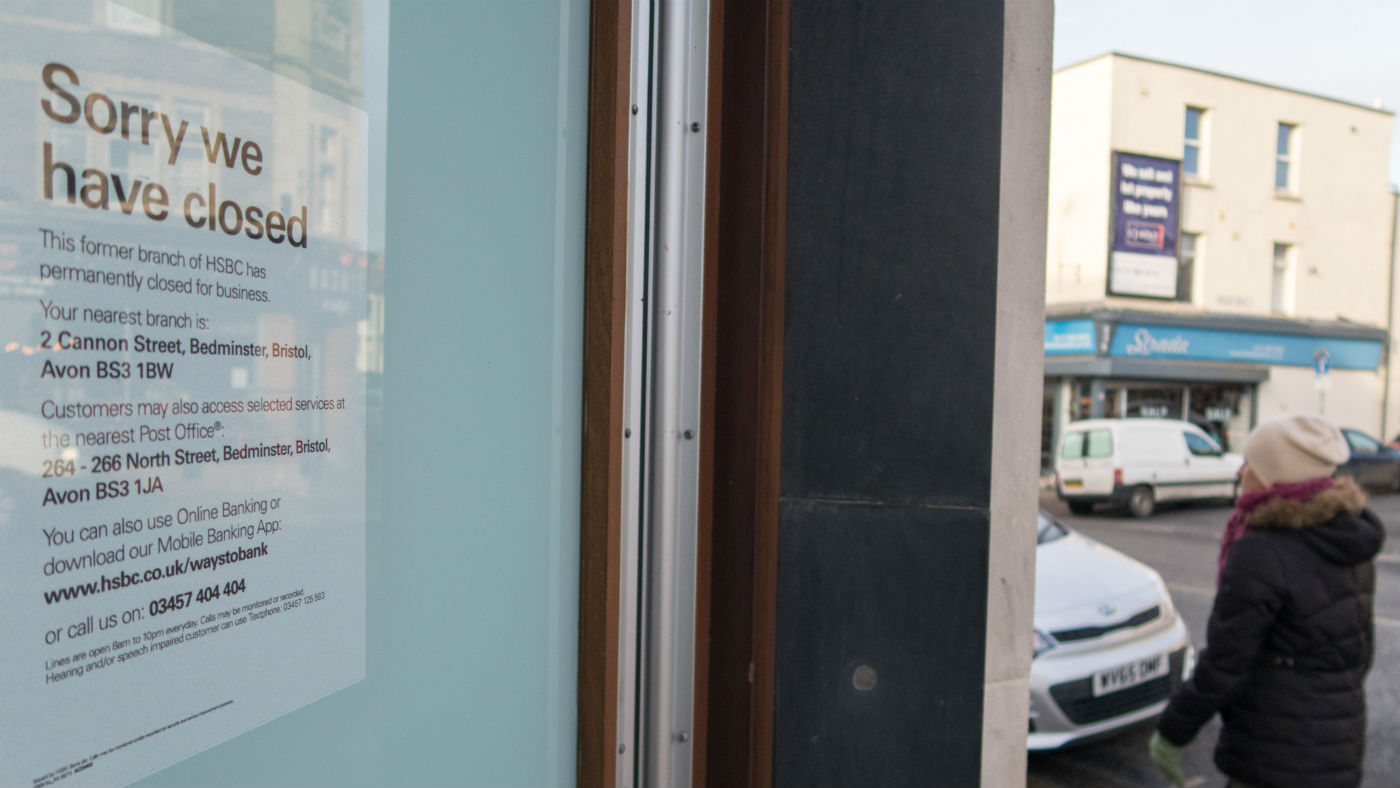 Could ‘banking hubs’ solve problem of branch closures?
Could ‘banking hubs’ solve problem of branch closures?Speed Read MPs fear large sections of society could face ‘financial exclusion’
-
 What is Britain’s worst bank?
What is Britain’s worst bank?Speed Read Royal Bank of Scotland comes joint-bottom in the new personal banking league table, and last for business banking
-
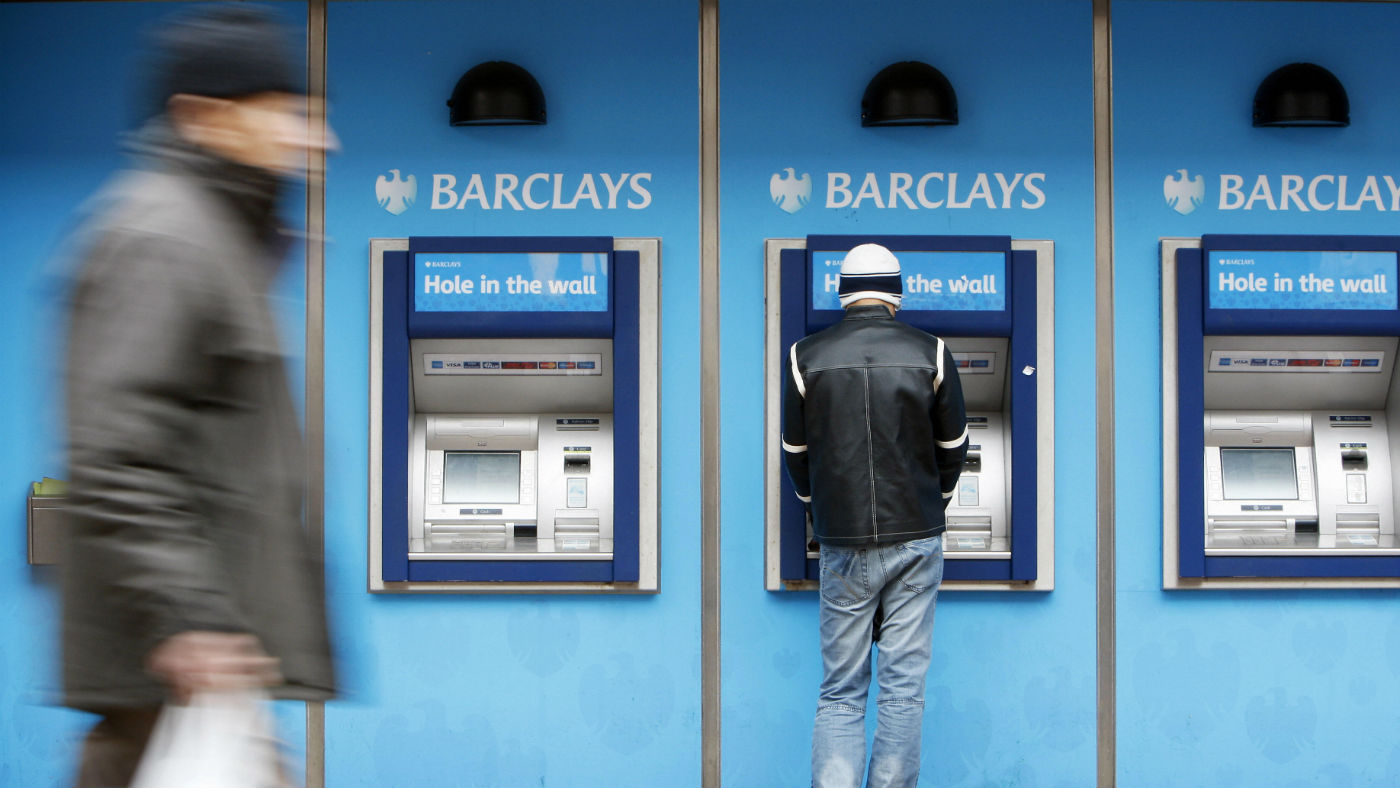 FBI warns cash machine global cyber-attack imminent
FBI warns cash machine global cyber-attack imminentSpeed Read British banks have been warned their ATMs could be mass-hacked by cyber criminals ‘in the coming days’
-
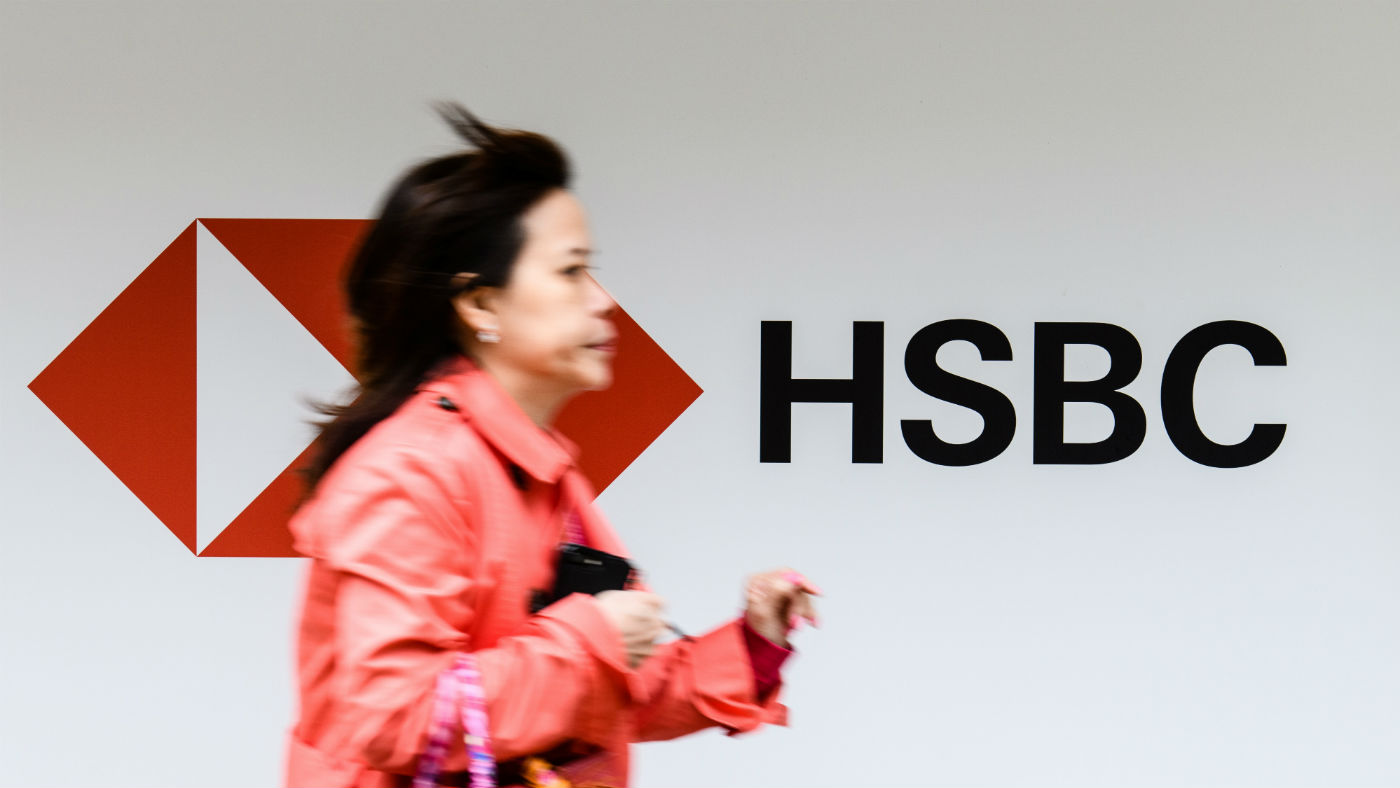 HSBC reveals 59% gender pay gap
HSBC reveals 59% gender pay gapSpeed Read Bank blames low number of women in senior roles for massive discrepancy
-
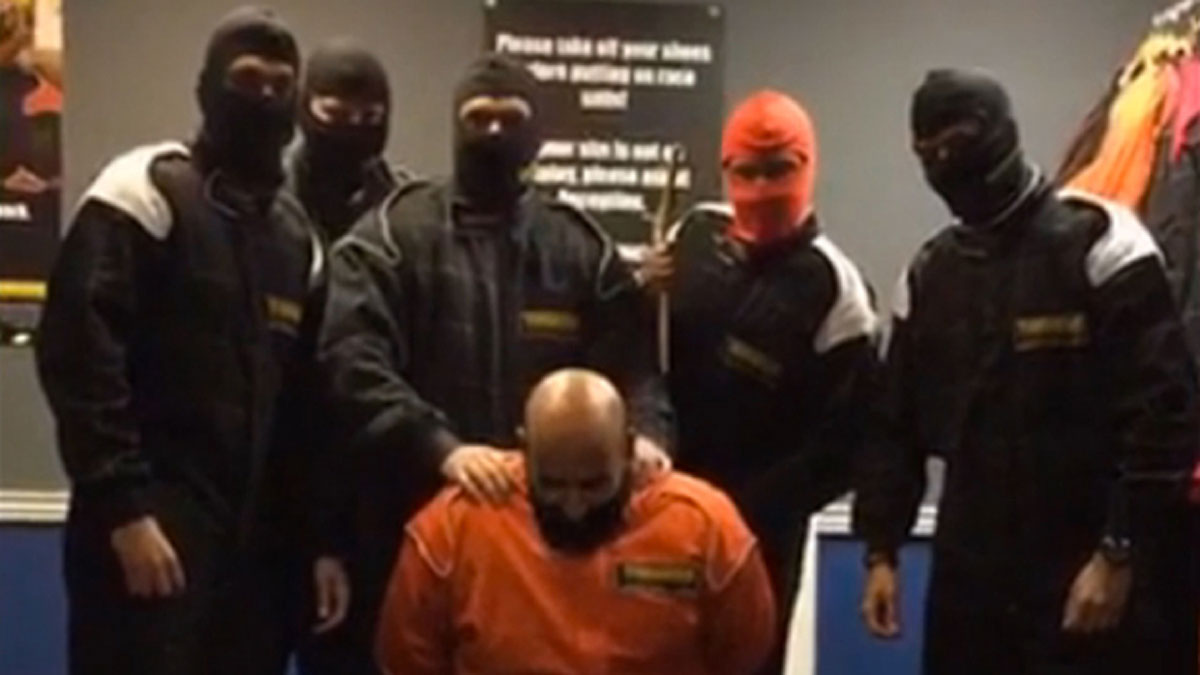 HSBC staff sacked over mock Islamic State execution
HSBC staff sacked over mock Islamic State executionSpeed Read Six staff members on a team-building exercise fired after filming 'abhorrent' video depicting a fake beheading
-
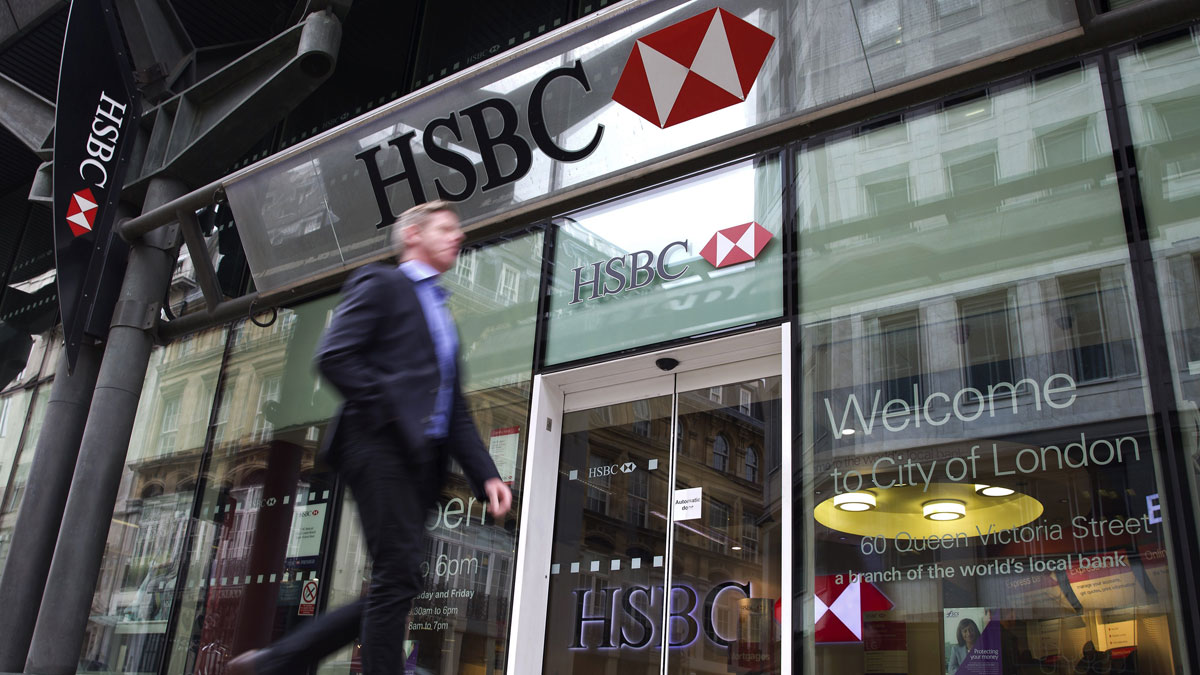 HSBC shares rise after £1.5bn buyback pledge
HSBC shares rise after £1.5bn buyback pledgeIn Depth Plan takes total returned to investors in past three years to more than $25bn